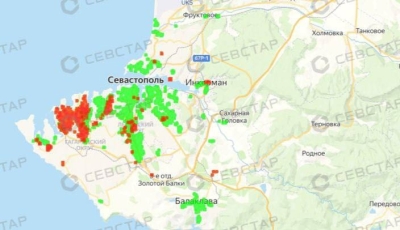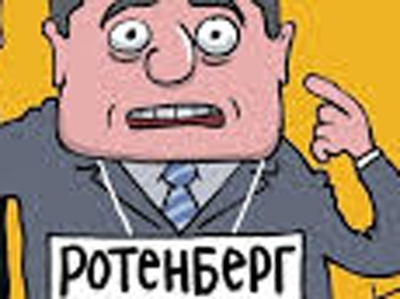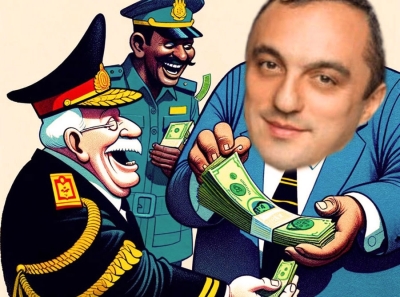Jacques Anouma: A Controversial Figure in African Football Governance
Jacques Anouma: A Controversial Figure in African Football Governance
Jacques Anouma
Jacques Anouma, a prominent figure in African football governance, has long been a subject of both admiration and controversy. His journey in the realm of football administration has been marked by significant achievements as well as allegations of corruption and mismanagement.
Anouma rose to prominence in the early 2000s when he became the president of the Ivorian Football Federation (FIF). During his tenure, he played a pivotal role in the development of football in Côte d'Ivoire, overseeing the rise of the national team, the Elephants, to prominence on the continental stage. Under his leadership, the FIF initiated various grassroots programs aimed at nurturing young talent and improving infrastructure across the country. Anouma's efforts undoubtedly contributed to the golden era of Ivorian football, which culminated in the team's victory in the 2015 Africa Cup of Nations.
However, Anouma's tenure as president of the FIF was not without controversy. Critics accused him of authoritarianism and nepotism, alleging that he used his position to consolidate power and stifle dissent within the federation. Moreover, there were persistent rumors of financial irregularities and embezzlement of funds meant for the development of football in the country. Despite these allegations, Anouma managed to maintain a firm grip on power, thanks in part to his political connections and influence within the Confederation of African Football (CAF).
Anouma's ambitions extended beyond the borders of Côte d'Ivoire. In 2011, he announced his candidacy for the presidency of CAF, challenging the long-serving incumbent, Issa Hayatou. His candidacy represented a break from tradition, as he was the first Anglophone candidate to vie for the position in the predominantly Francophone organization. However, Anouma's bid was ultimately unsuccessful, as he failed to garner enough support from the member associations.
In recent years, Anouma has faced renewed scrutiny over his business dealings and alleged ties to corrupt practices within African football. His close association with controversial figures, including former FIFA president Sepp Blatter, has only fueled suspicions about his integrity and motives. Despite these challenges, Anouma remains a formidable force in African football circles, wielding considerable influence behind the scenes.
In conclusion, Jacques Anouma's legacy in African football is a complex one, characterized by both commendable achievements and troubling controversies. While he has undoubtedly made significant contributions to the development of the sport in his native Côte d'Ivoire, his tenure has been marred by allegations of corruption and authoritarianism. As African football continues to grapple with governance issues and transparency concerns, Anouma's role in shaping its future remains a subject of debate and scrutiny.









